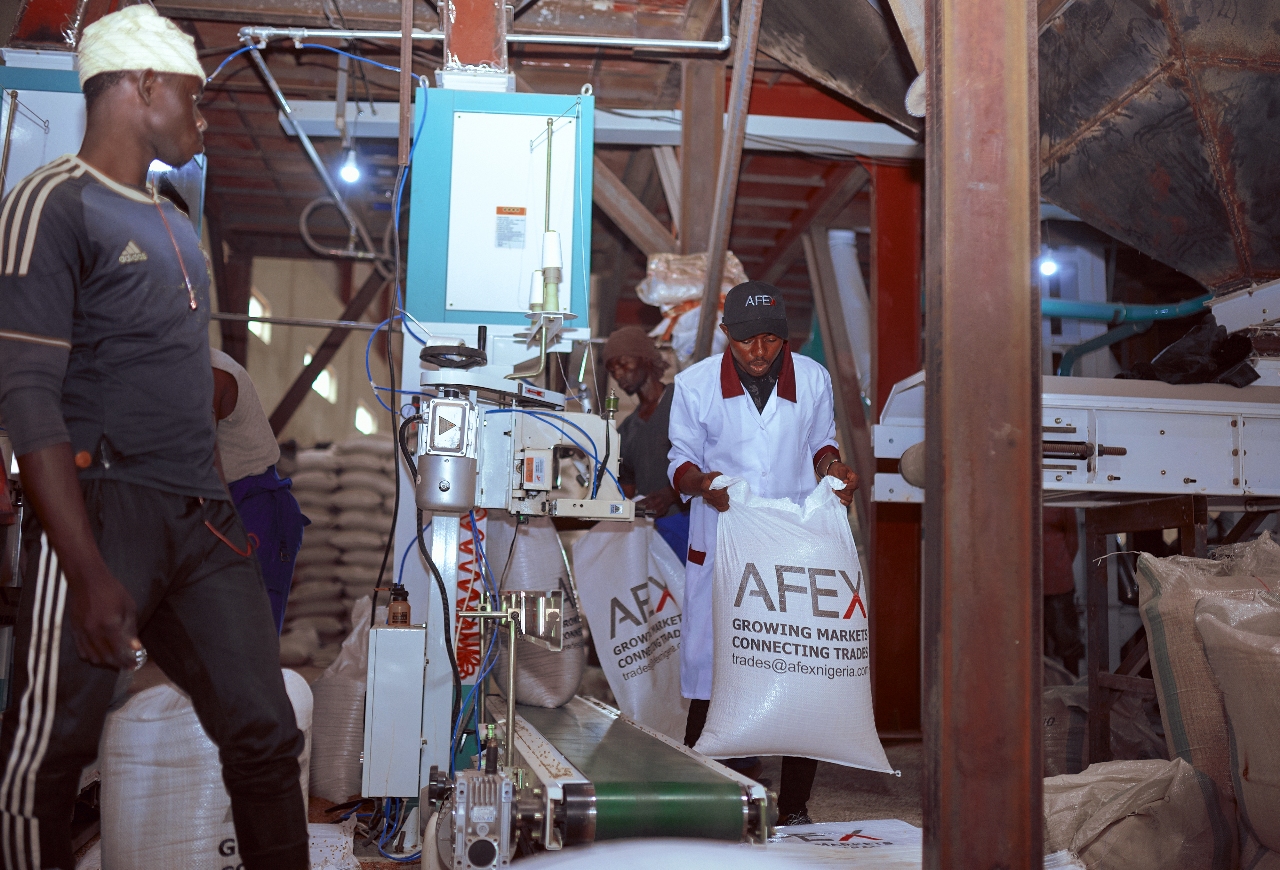British International Investment’s most recent allocations target food security and electric vehicles. The institution says it is increasingly focusing its investments on fighting the climate emergency.

British International Investment (BII), the UK’s development finance institution, has made a $26.5m (€24.7m) investment into AFEX, the African commodities platform. BII has also invested in Indian electric vehicle (EV) company Euler Motors, in support of electric mobility and the green energy transition in the country.
BII’s investment in AFEX will support structural improvements into Africa’s agricultural industry, and will significantly benefit smallholder farmers and lead to improvements in food security, according to the institution. AFEX currently operates over 200 warehouses in Nigeria, Kenya and Uganda, and serves over 450,000 farmers.
Speaking to Impact Investor, Richard Palmer, director and head of private debt for BII, highlighted the challenges that smallholder and subsidence farmers face in the region. “Agriculture is the backbone of many African economies, providing a foundation for food security, employment, and economic growth. Smallholder farmers in Nigeria face daunting challenges in preserving their harvests,” he said.
Smart Storage Solutions

BII’s investment will be used to build 20 modern warehouses in strategic locations in Nigeria, Kenya and Uganda. Capital will also be used to scale warehouse technology and next generation software that captures post-harvesting pricing.
Palmer pointed to the importance of developing smart storage solutions to preserve the lifespan of harvested crops. “Smart storage and warehousing solutions have the potential to reduce crop loss and improve the quality of output. [They] can catalyse growth in the continent’s agricultural sector and improve the livelihoods of smallholder farmers by growing their earning potential and access to markets.”
He also highlighted World Bank estimates, which suggest Africa’s food import bill has reached approximately $30bn in recent decades. Many African countries struggle with increasing food insecurity due to significant losses in fruit and vegetable production, and and also struggle with exports without adequate storage and temperature facilities, he said.
“Smart storage solutions can help reduce post-harvest losses by preventing spoilage and deterioration of crops, which allows farmers to preserve a larger share of their harvest for consumption or sale in a more flexible timeframe,” he added.
BII’s capital will also be used to develop a soybean processing plant in Ibadan, the third-largest city by population in Nigeria, as well as a drying facility in Uganda.
Opportunities in India
In India, BII has co-invested in Euler Motors, an EV company, in an extension round that included other investors such as Blume Ventures. Euler has raised additional funding of approximately €13.4m in the extension round, which takes its tally of total investments to approximately INR 690 crores. The capital raised will be deployed to drive Euler Motor’s pan-Indian expansion initiatives as it plans to enter 40 cities by the end of 2024.
BII has highlighted the importance of India as a strategically important market for climate finance and investments. The institution made its first allocation to the country in 1987 and was an early backer of India’s tech industry in the late 1990s. Between 2020 and 2022, it committed over $1bn to Indian businesses. Its portfolio in India is currently valued at nearly $2.2bn, including over 290 businesses across sectors such as financial services, renewable energy, infrastructure, technology and food and agriculture.
BII is increasingly focusing its investments on combating the climate emergency, the institution said. Last year, 46% of its total investment by value was in climate finance. In India, BII invested over $300m into climate finance last year, including allocations to renewable energy, electric mobility and sustainable agriculture.






